Frontiers Friday #141. "Deliberate Practice is Boring. Gamification can Fix It." 🕹️ ⭕️
A guest contribution from US counsellor Jordan Harris, Ph.D., LMFT-S, LPC-S, on gamifying deliberate practice. (Hint: It's not about games).
Welcome back to Frontiers of Psychotherapist Development (FPD).
If you are new here, thanks for being here for our weekly Frontiers Friday. Feel free to check out the archives.
In the last 3 weeks, we have been talking about the importance of developing a map of knowledge, and then we recommended materials related to ADHD
Today, we take our monthly break from the usual, as we have our second guest contribution to Frontiers, Dr Jordan Harris.
He’s going to talk about gamification and deliberate practice (Hint: It’s not about games).
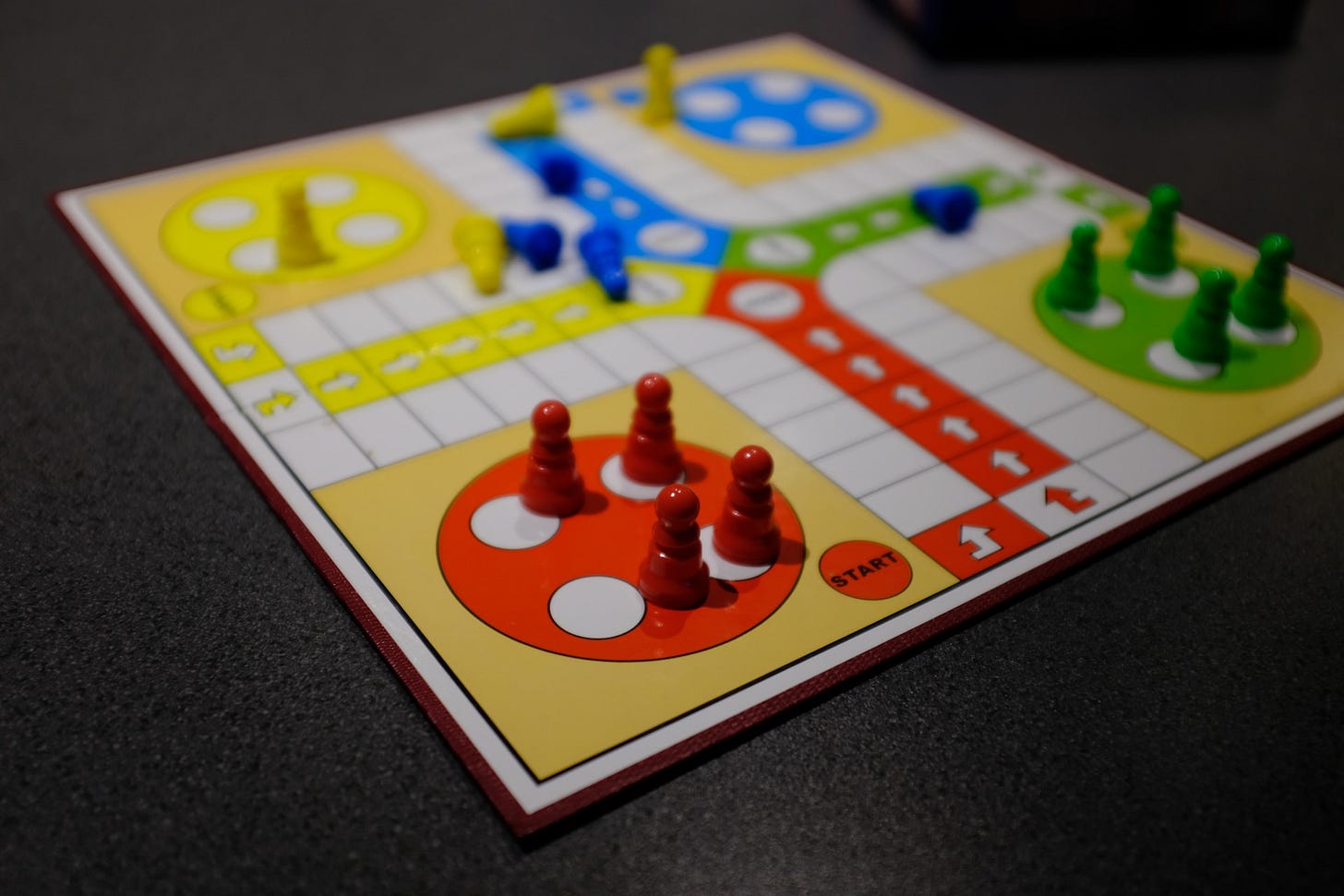
(If you have missed the first contribution by Finnish social psychologist, Heidi Nygård-Michelsson on creating a culture of learning in an organisation, go to FF137)
Frontiers Friday #137. Creating a Culture of Learning in an Organisation ⭕️
“We have a strategic plan. It’s called doing things.” ~ Southwest Airlines co-founder, Herb Kelleher (1931-2019) I have deep respects for people who are at the frontline giving everything they’ve got to support the growth of each person in a team. They are not focused on themselves. Borrowing
After you’ve read his essay, please leave a comment below for Jordan. Send your love to him.
Finally, my reflections on Jordan’s ideas are below.
Note: if this email is truncated due to the length, click on "View entire message" below.
Over to Jordan!
Deliberate practice for counselors is boring. Gamification can fix it.
The other day I went into my kids’ bedroom where they were playing and announced, "We're doing baths! Take off your clothes."
When I came back, they were both in shirts and socks, no pants, and goofing around.
These moments used to endear me.
I spent a lot of time early on not forcing my kids to do things. I didn't want to be the hard-nosed dad always threatening the kids.
So moments like these I'd smile as my kids played.
My kids would then see me smile, and become even more silly, starting bouncing into each other and giggling.
So I'd join in and giggle with them and try to turn getting undressed into a game.
Problem is that it never worked. They wouldn't stop playing. They'd keep laughing and giggling and NOT get ready for bathtime.
My "enjoying the moment" gave them license to not take anything seriously.
So I changed. I started going in like a drill sergeant.
"Sit down."
"Take off your clothes."
"Use the toilet!" I'd bark.
Half of the time it worked. The other half of the time they'd just start crying.
Recently I've discovered a different way to go about it.
I go in and say, "take off your shirt!" and when my youngest does that I get down on my knees, grab him under his arms, and toss him as high in the air as I can.
He LoVEs it.
Then he races to take off his pants, and as soon as he's done he raises his arms so I can toss him in the air again.
What is gamification? Why is gamification important?
We have this idea that if we simply have the right tool or a useful product or a good model, the effectiveness of the tool/product/model will be obvious to people.
But people don't work that way.
It's not enough to have effective tools/products/models. They must also be engaging.
If we're not designing for engagement, we're designing for boring, and people don't do boring things.
Think about history class. How is it that so many people consider history boring?
History class is literally a collection of the most interesting and important stories that ever happened to a group of people. And yet many teachers tell these stories so poorly that students couldn't care less.
If we're not intentionally designing for engaging experiences, we're essentially designing unengaging ones.
Presentation matters.
Design matters.
Engagement
Gamification is the process of using game techniques to drive a desired behavior.
Games are one of the few things we do simply because they are engaging. Most of us don't play Call of Duty because we actually like killing people, and we certainly don't play Super Mario because we actually earn gold coins. We play games simply because they are engaging. Games, when well-designed, are a master class in human motivation and engagement.
One of the big misunderstandings about gamification is people think it means turning everything into a game.
That's the mistake I made when I was giggling with my kids, trying to get them to get undressed.
That's a poor application of gamification.
Gamification is not about turning everything into play. It's about using the tools and techniques of games to drive a desired behavior.
So pairing the tossing of my son with placing the last toy in the bucket. That's gamification. That's a good design.
So what does this have to do with deliberate practice?
Why counselors need to gamify deliberate practice.
Deliberate practice has a design problem. It's boring.
This struck me after a conversation with fellow deliberate practice blogger, Jimmy Murphy. We've noticed that deliberate practice has an engagement problem.
As I've been working on my gamification certificate1, I've learned that many apps and websites (Duolingo, Facebook, Simply Piano) use gamification to make their platforms more engaging. In fact, if you want to gamify something, the default way to do it is to build an app.
For example, an app like Simply Piano gamifies piano practice by placing it in a larger context where each practice session earns you more points, so you can level up.
So what if we embed therapists’ deliberate practice into a larger structure of growth... like certification?
As a fan of common factors, this sounds...ludicrous. But remember, common factors aren't a model. They're the reasons why the various models work. In order to operationalize the common factors it's helpful to use a model.
The trick is to use the certification model to incentivize deliberate practice, instead of fueling the therapy model turf wars.
How would you gamify deliberate practice for counselors?
So how would you actually do this?
It turns out that while tons of therapists will go through the initial training for a given model, most of those therapists actually don't go on to get certified. Therefore, the first thing to do is to actually incentivize certification.
Incentivize therapy certification by adding rewards and boosters
Many people do not go for full certification simply because there's no benefit. After you're fully certified, you can claim you're a "trauma therapist" or a "couples counselor" but that's it. There's no actual plus for getting fully certified.
An easy way to change this is to actually offer a benefit for certification. Why not offer your entire catalog of digital training free to anyone who gets certified? People who go through the certification process are hungry for that model, so they want more model-specific training, so they would value it. Also, digital training, after being produced, costs almost nothing to distribute. So it's not a cost for the training institute to give them away, especially if it brings in revenue from more certified therapists.
Also, many of these models use specific assessments in their research processes. Why not offer certified therapists free assessments to use with their clients? The beauty of this is you're not just offering people gifts, you're rewarding them with boosters, tools they can use to make themselves more effective, and you're doing it in a way you already know will resonate with them.
Privilege a culture of deliberate practice
Now that people are incentivized to get certified, you want to privilege deliberate practice.
You could make deliberate practice a requirement for keeping certification. So every year certified therapists have to send in 10 hours of tape of them doing deliberate practice and getting consultation on their cases.
By making deliberate practice a continued requirement for certified therapists, you’re sending the message to incoming therapists about your culture. You're saying deliberate practice is a part of who we are, and everyone who is certified does it, even senior members.
If you really wanted to take this to the next level, you could have the senior leadership publish their deliberate practice and consultation sessions for the entire community. You want to send a clear message about who you are.
All you'll need to do is clearly differentiate pre-certification supervision from post-certification consultation. Once people are certified, the deliberate practice and consultation hours need to be focused on what their data says is their weak spots. Many models require 8-12 hours "supervision" before submitting a certification tape. That supervision can be model specific. But post-certification, the deliberate practice needs to be focused on the therapist's data. Luckily, you provided them with assessments as a bonus for getting certified. ;-)
If their data says they are having high dropouts, you teach skills for client engagement. If their data says they are having trouble with clients not doing homework, then maybe you look at client motivation.
Create long term engagement by empowering your veteran members
Lastly, many people, once certified, drop their certification. They see certification as a mountain to climb, and after they've attained certification, they don't see a reason to keep the certification.
In gamification, this is called the endgame phase, and it's usually where most games struggle. The trick is to really leverage the social aspects of your activity and allow veteran users to apply their own creativity to what they've learned.
This is why games like Legos, World of Warcraft, and Dungeons and Dragons have enduring long-term fans. For example, I came home from work the other day and my wife and my sons were all around the kitchen table taking apart our lego cars and building new vehicles. Why? Because making a game social and creative really opens the game up for long term engagement. You can literally make endless combinations with legos and it’s something the whole family can do together.
You can do this in certifications by pushing certified therapists to become consultants/supervisors so they mentor newer therapists. You can also do this by equipping certified therapists to give back to their communities. For instance, give trauma-certified therapists pre-designed materials so they can give trauma trainings to their local schools and businesses.
Also, give the veteran members access to upper leadership. I'm working on an Octalysis gamification certificate through the Octalysis group. Every week the model developer, Yu-Kai Chou, who's probably the leading figure in the field, hops on a call with all Octalysis members and answers our questions.
Counselor certifications should consider the same. Imagine being able to hop on a call with Scott Miller or Sue Johnson. For many therapists that would be the ultimate dream come true.
The big idea is helping veteran therapists value the community, because the longer they stay in the community the more they'll engage in deliberate practice, track their outcomes, and work with a consultant.
Let’s enjoy the process.
Counseling, like parenting, is not something most of us get right on the first try.
Most of us have to try things, fall, try again, and fall again, until we discover what works and what doesn't. That's often a painful process.
But, if we have the right support, if we have community, mentorship, and clear goals, then that falling doesn't have to feel like failing. In fact, sometimes, it can feel like play.
Best,
Jordan (the Counselor)
About Jordan Harris
Jordan Harris, Ph.D., LMFT-S, LPC-S received his Doctor of Philosophy in Marriage and Family Therapy from the University of Louisiana Monroe. He is a licensed professional counselor and a licensed marriage and family therapist in the state ofArkansas, USA. In his clinical work he enjoys working with couples. He also runs a blog on deliberate practice for therapists and counselors at Jordanthecounselor.com
My Reflections
Jordan knows my bias on this.
Admittedly, I have reservations about taking a certification approach to incentivising learning.
Why? First, let me be clear, this is my viewpoint. Every view comes from a point. Which means, I’m biased. My bias is likely informed by negative experience in the education system. I spent 15 years or so lost in an education system in Singapore2 that pushed for results and performance… and failed.Even when I began to perform well in higher education and so on, I wasn’t actually “learning”; I was performing.
As I’ve talked about this elsewhere, the education system, to me, is a type of finite game. You play to win a certificate, so that you can go to the next stage, and win another certificate. Its carrot? Grades. Its social signal? It tells others that I’m intelligence, conscientious, and conformist.
Second, when we become overly-focused on results, Robert Bjork and colleagues points out the unintended consequence is that this impedes real learning (for more on the relationship on performance and learning, see this post).
However, Jordan Harris raised a point that I hadn’t considered deeply enough. He said,
“The trick is to really leverage the social aspects…”
One benefit of this design principle of gamification is that it brings people together. I feel a strong resonance with this idea. People need people, that’s how we are made and that’s how we grow. This is also one of the major reasons why I really appreciate other peoples’ contribution to this conversation (Thanks Jordan).
Third, while my colleagues and I do care about therapists getting better, I’m not sure if we should make “deliberate practice” a requirement. Therapeutic work is hard as it is, to make it a requirement runs the risk of adding future emotional burden on people not who aren’t keen for various reasons, and thus, chase away the emotional safety that is needed for deep learning.3
Nevertheless, we can move the culture of therapy to raise the lower bar of clinical practice, like teaching therapists to use feedback-informed practices to prevent dropouts or to catch predictable poor outcomes and doing something about it.
The ones who will rise to the challenge for the higher bar and engage in deliberate practice to further improve their effectiveness are a self-selected minority. I fear that if we create extrinsic incentives for what is an intrinsically motivatied behavior, this might doused the fire.
In the 1970’s, sociologist Darrel Siedentop tells the story of how he successfully stopped a group of neighborhood kids from playing football in his well-mowed lawn and priced garden. Instead of threatening them, as they expected, or punishing them (or worse, calling their parents), he informed the football players that he was so delighted for them to continue playing that he would pay them a dollar each to come back and kick the ball in his turf.
The kids couldn’t believe their luck. Each day, they returned collected their monies. However, within a couple of weeks, they stopped showing up altogether.
Siedentop’s conclusion? Taken from the book Overachievement by John Eliot,
…when he started paying the kids, he began to change their motivation. Soon they were coming to his yard not for the joy of a pickup game of football, but to make a buck. Their motivation had been shifted from internal—“Hey, let’s play”—to external—“That weird guy will give us a dollar again.”
Commitment that is personally driven is stronger and more enduring than commitment hinging upon outside rewards.
I agree that deliberate practice “has a design problem.” It’s not that it’s boring, though it could be for some. In my estimates, the design issue is that we need to create space for deep learning.
Practitioners in agencies or in private practice are often time-pressed and tight-squeezed. Providing protected time for reflection, consolidation of learnings, etc might give a breath of fresh air. Some might use this time to walk and contemplate, others might want to capture notes or mind maps, and others might use this time to analyse their data or review their therapy recordings. Consequently, this regular protected time may allow practitioners to figure out where they are and where they need to grow.
Finally, I believe gamification in a personalised way is indeed possible.
But, we must be clear: Who is it for?
Jane McGonigal, game designer and author of SuperBetter…Powered by the Science of Games gave a useful example in an interview with Shane Parrish from The Knowledge Project:
A public library consulted McGonigal on how to design a game to entice kids to visit the library more frequently. She told them that this was not a good idea.
The team was shocked at first. McGonigal said that getting kids to the library was in service of the company, and not in service of the kids.
She proposed instead that they should design a game to help kids write their first book, and then, print it and place it in the library.
Big thanks, Jordan Harris for your thoughtful contribution (and the funny gifs!)
YOUR TURN
There is stuff to unpack here. My hopes is that this would generate conversations around Jordan’s ideas.
And I could be totally out to lunch with my reflections above, and would love to hear your viewpoint about this.
Q1: DO YOU THINK THAT A CERTIFICATION PROCESS FOR DELIBERATE PRACTICE IS A GOOD IDEA?
Q2: WHAT IDEAS FROM JORDAN HARRIS ESSAY STRUCK A CHORD WITH YOU?
(Don’t forget to check out “Jordan, The Counsellor” blog!)
Warm Welcome to New Folks on Frontiers of Psychotherapist Development (FPD)
If you are new here, I just want to say a big hello to you and would love to hear from you. Tell me a bit about you; drop me an email.
Click here to see more resources about Frontiers of Psychotherapist Development and Frontiers Friday.
Daryl Chow Ph.D. is the author of The First Kiss, co-author of Better Results, and The Write to Recovery, Creating Impact, and the new book The Field Guide to Better Results .
To better understand how to make engaging experiences, I'm working on a certificate in gamification through the Octalysis Group.
Actually, if you know anything about the education system in Singapore, it’s actually among the world's best — with its students consistently scoring near the top in education rankings in Organisation for Economic Co-operation and Development (OECD) countries. But the highly competitive nature just didn’t suit me.
There is some parallels to deliberate practice and why making individual therapy mandatory for trainees therapist might backfire. Useful for some, but might actually be harmful for others. See this study: A systematic review and meta-synthesis of the qualitative research into mandatory personal psychotherapy during training


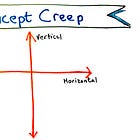
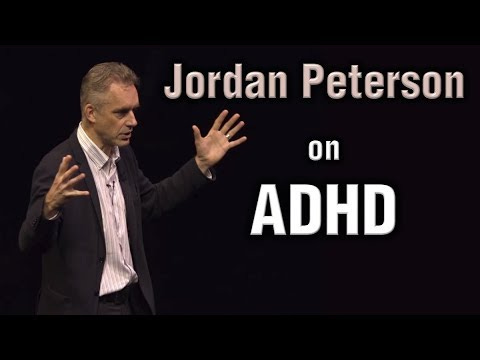

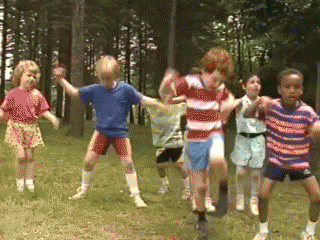
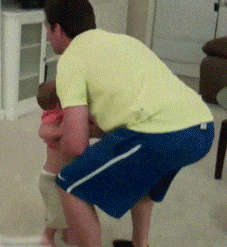
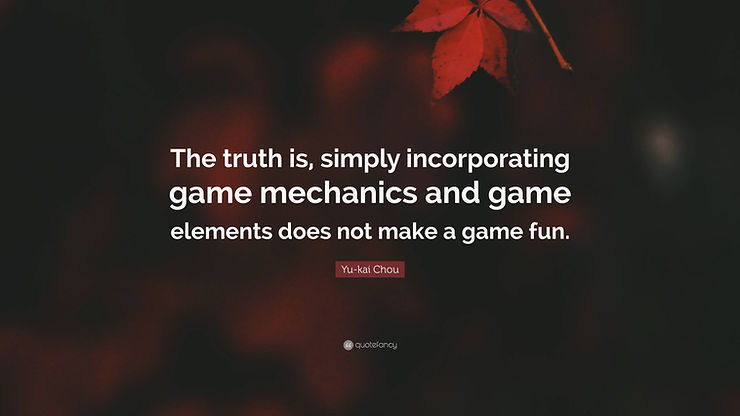

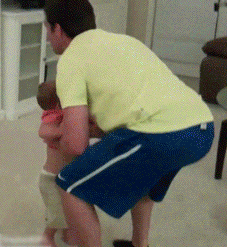




Hey Daryl,
Thanks for letting me contribute! Here's a friendly response to your response :-)
First, I actually share your bias against certifications. I hold no certifications. I suspect we've both seen them lead to things we don't want. So, why did I write a post about certification if I'm not a fan? Because other people are.
The fact is that the default way for many (most?) in our field is to grow their skills by certification. The research is pretty clear, for the average therapist, certification has no impact on clinical outcomes. That doesn't change the fact that "advanced" trainings and certifications are our field's default way to grow.
It strikes me that this is because certifications are inherently motivating. Since this is the default way our field does continuing education, and because it's engaging to people, I think we should use it.
Second, your comments on intrinsic versus extrinsic motivation identify a very common barrier to good gamification. This is called the "points, badges, and leaderboards" problem. People often think adding points, badges, and leaderboards to their boring and/or extrinsically motivated activities will make them more engaging.
That always backfires.
The way to fix extrinsic motivation is to use less points and more creativity, empowerment, and social relationships, so that the experience is more intrinsically motivating. That's why I talked a lot about empowering therapists and fostering relationships. This is also why I did NOT talk about leaderboards or publicly tracking outcomes.
My thinking is that if therapists are already intrinsically motivated to go through a certification process, let's point that energy in a productive direction - deliberate practice.
I think this is important because the alternative is to follow what some have called "big boy rules," leaving the responsibility of doing practice completely on the shoulders of the individual. It doesn't work. Or rather, it works with a small group of highly motivated, super intrinsically motivated clinicians. But if we want to scale, if we want to change the profession and create a tribe of expert therapists who can work with compassion and kindness to relieve the mountains of human suffering all around us, well then most of us need a little more structure.
Thanks for letting me collaborate with you. I hope we can do it again in the future.